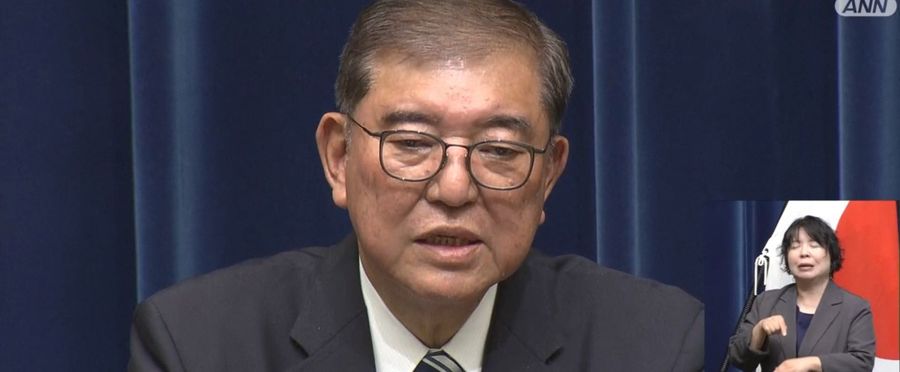Japan's Prime Minister is urging his colleague, Shigeru Ishiba, not to resign from his party leadership role. This plea comes amid a wave of uncertainty rocking the Japanese political landscape. The statement, made in a public address, indicates the Prime Minister's desire to maintain party stability and unity, fearing potential political ramifications should Ishiba demit, a key figure in the party, step down.
In Japan, political stability and unity are greatly valued, as has been demonstrated by the country's long history of single-party dominance. This issue where the Prime Minister urges a key figure not to resign exemplifies the importance of intra-party balance in Japanese politics. Japanese voters usually value management stability over drastic policy changes, thus Ishiba's potential departure might affect the party's public image.
In contrast, the political scenes in the U.S. and EU tend to see more frequent changes in party leadership, with resignations often viewed as opportunities for fresh directions and new beginnings rather than causes for concern. However, it's not uncommon for party leaders to discourage key figures from leaving due to potential disruption in party unity and policies, similar to this case.

